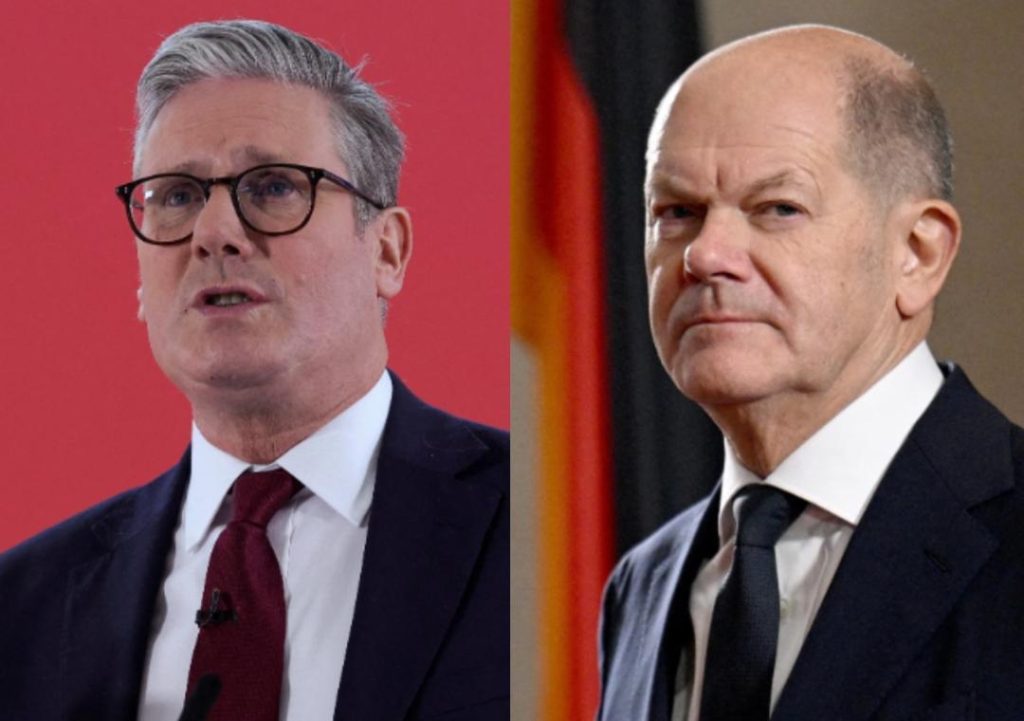
Premature to Discuss Sending Troops to Ukraine: Germany
The ongoing conflict in Ukraine has been a matter of grave concern for the international community, with various countries weighing in on the situation. Recently, UK Prime Minister Keir Starmer sparked a controversy by stating that his country is ready and willing to send troops to Ukraine if needed. However, Germany has rejected this notion, terming it “premature” to discuss sending its troops to the war-torn country.
Germany’s stance is rooted in its desire to wait and see whether peace will emerge for Ukraine before taking any concrete action. In a statement, Germany emphasized that it has consistently maintained that any military intervention in Ukraine would require a thorough evaluation of the situation on the ground. The country’s leaders are keenly aware that any hasty decision could have far-reaching consequences, not just for Ukraine but for the entire region.
This cautious approach is in line with Germany’s long-standing commitment to diplomacy and peaceful resolution of conflicts. The country has a rich history of playing a key role in international mediations and negotiations, and its leaders are deeply committed to finding a peaceful solution to the Ukraine crisis.
Germany’s stance has been echoed by Poland, another European country with close ties to Ukraine. Polish Prime Minister Mateusz Morawiecki has also rejected the idea of sending troops to Ukraine, citing the need for a more nuanced approach to the crisis. Morawiecki emphasized that any military intervention would require careful consideration of the potential consequences, including the risk of escalation and the impact on regional stability.
The UK’s proposal to send troops to Ukraine has been met with skepticism by many in the international community. Critics argue that such a move would be likely to escalate the conflict, rather than resolve it. The situation in Ukraine is complex and multifaceted, involving a range of political, economic, and military factors.
In addition to the risks of escalation, there are also concerns about the practicalities of sending troops to Ukraine. The country’s infrastructure is still recovering from the devastating conflict, and the presence of foreign troops could create additional challenges for civilians living in the affected areas.
In the midst of this uncertainty, US President Donald Trump has called for a ceasefire in Ukraine by Easter. While this proposal has been welcomed by some, it remains to be seen whether it will be implemented. The US has a long history of involvement in international conflicts, and its leaders have a significant amount of influence over the trajectory of the situation in Ukraine.
Despite these developments, Germany’s stance on sending troops to Ukraine remains unchanged. The country’s leaders are committed to finding a peaceful solution to the crisis, and they are willing to work with other international partners to achieve this goal. In the meantime, the international community will continue to watch developments in Ukraine with great interest, hoping that a peaceful resolution can be achieved sooner rather than later.





